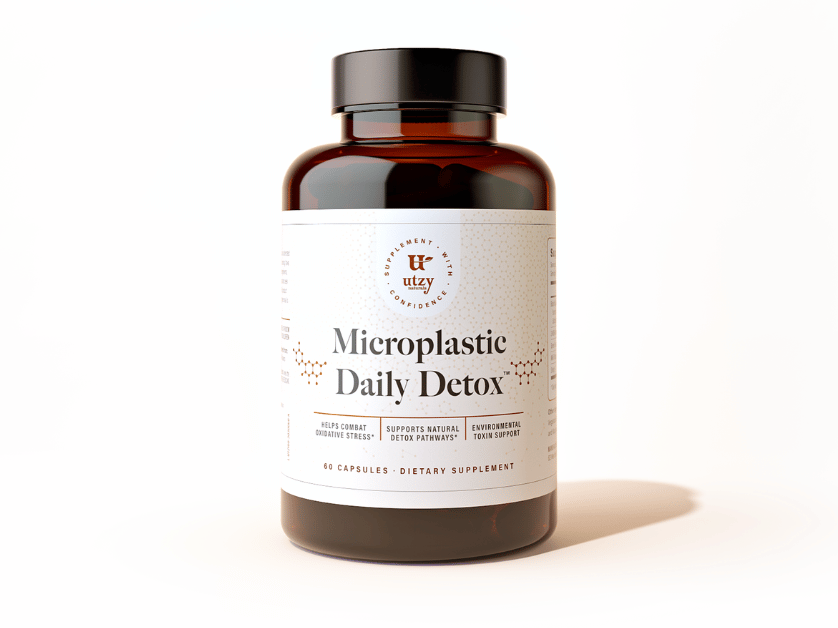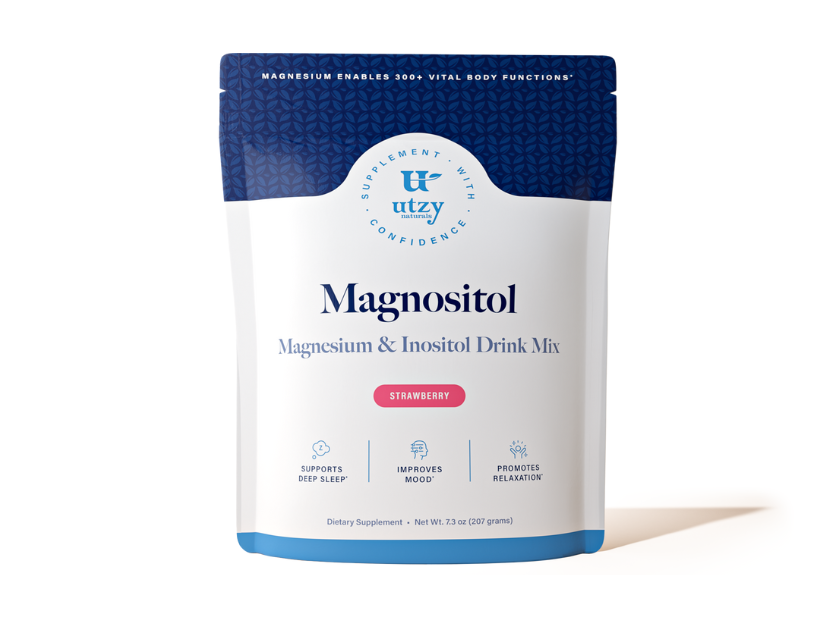shop
learn

How To Replace Electrolytes
June 30, 2025 3 min read
Summer is finally here.
It's time for weekend barbecues, warm and lingering nights under the stars, and odds are, a lot of sweating. Even a brisk walk from air-conditioned building to air-conditioned car is enough to start dripping.
Sweating is a natural and necessary process.
However, prolonged and heavy sweating can lead to electrolyte deficiencies, if you are not careful to replenish what you may have lost.
Beat the heat this summer and learn how you can keep your electrolyte levels in check.

What are electrolytes?
Major electrolytes include sodium, potassium, chloride, calcium, phosphate, magnesium, and bicarbonate.
These tiny, electrically charged substances are essential for your body to function. The tightly controlled movement of electrolytes throughout your body keeps muscles contracting, neurons firing, and your heart beating.
In other words, electrolytes are vital for your health and athletic performance. Even if your athletic performance consists of sprinting inside to get out of the heat.
What are signs of electrolyte deficiencies?
The human body is normally very good at maintaining appropriate levels of electrolytes. But with excessive sweating and urine losses during extreme heat or exercise, electrolyte imbalances can happen.
Certain medical conditions can also lead to excessive loss of electrolytes.
If you have been ill with vomiting or diarrhea, have high blood sugar levels, or take diuretics, you might fall in this category.
Signs of electrolyte deficiencies can include:
- Dizziness or lightheadedness
- Heat cramps during physical activity
- Fatigue
- Poor athletic performance
- Loss of appetite
- Confusion*
- Lethargy*
- Nausea or vomiting*
*If you notice any of these more severe symptoms, seek medical attention right away.
How can you replenish your electrolytes?
Depending on how long you will be active, how hot it is outside, and how much you sweat, you may need to replenish your electrolytes during and/or after physical activity.
Stay hydrated while you sweat and replace electrolytes
The electrolytes you are most likely to lose in sweat include sodium and chloride, which is why you will find these on the ingredients list in sports drinks and electrolyte salts.
While sports drinks are an easy way to replace electrolytes, fluids, and carbohydrates, think of them as an emergency option.
Don’t reach for them right away.
Generally speaking, supplementation with carbohydrates and electrolytes during exercise is only needed if you will be working out for longer than an hour.
If you will be doing a long or strenuous workout, get your electrolytes by adding electrolyte salts to plain water.
You can even add regular table salt, about ¼ teaspoon per liter of water.
If you are a heavy sweater but doing light activity, focus on staying hydrated during activity or active sweating, and then replace your electrolytes afterward.
Drink enough fluid while you sweat so that you never get to the point of feeling thirsty.
Don’t drink so much that you are over-hydrating.
After activity, you could replenish your electrolytes as mentioned above. Or if you’re dead set on a sports drink, choose a sugar free option.
Load up on food sources and don’t skimp on the table salt
Don’t forget to get in some whole food sources of electrolytes.
It is no accident that you can find them in nourishing foods that also contain the carbohydrates and proteins essential for recovery.
Choose plenty of fresh fruits and vegetables, plain yogurt, and fresh meats.
If you know you are a “salty sweater”, don’t be afraid of adding some extra salt to your meals after a tough workout or a sweaty afternoon. Or enjoy a salty snack like pickles or pretzels.
Make sure to get enough magnesium
Magnesium deserves a special mention.
This important mineral and electrolyte has been disappearing from our food supply and our bodies over the past century. As a result, many people are deficient in magnesium.
If you tend to sweat and urinate a lot, you are more likely to lose even more magnesium.
Having enough magnesium on board, particularly if you have low levels to begin with, can boost athletic performance, reduce muscle cramps, and even help improve sleep.
To replenish magnesium, focus on whole food sources like dark leafy greens, nuts, seeds, and whole grains.
You can also supplement with one scoop per day of our delicious U-mag drink.

Leave a comment
Comments will be approved before showing up.
Also in Health
Subscribe
Sign up to get the latest on sales, new releases and more …
Join the Utzy Naturals Club!
Sign up and get the latest on sales, new releases, and more...





